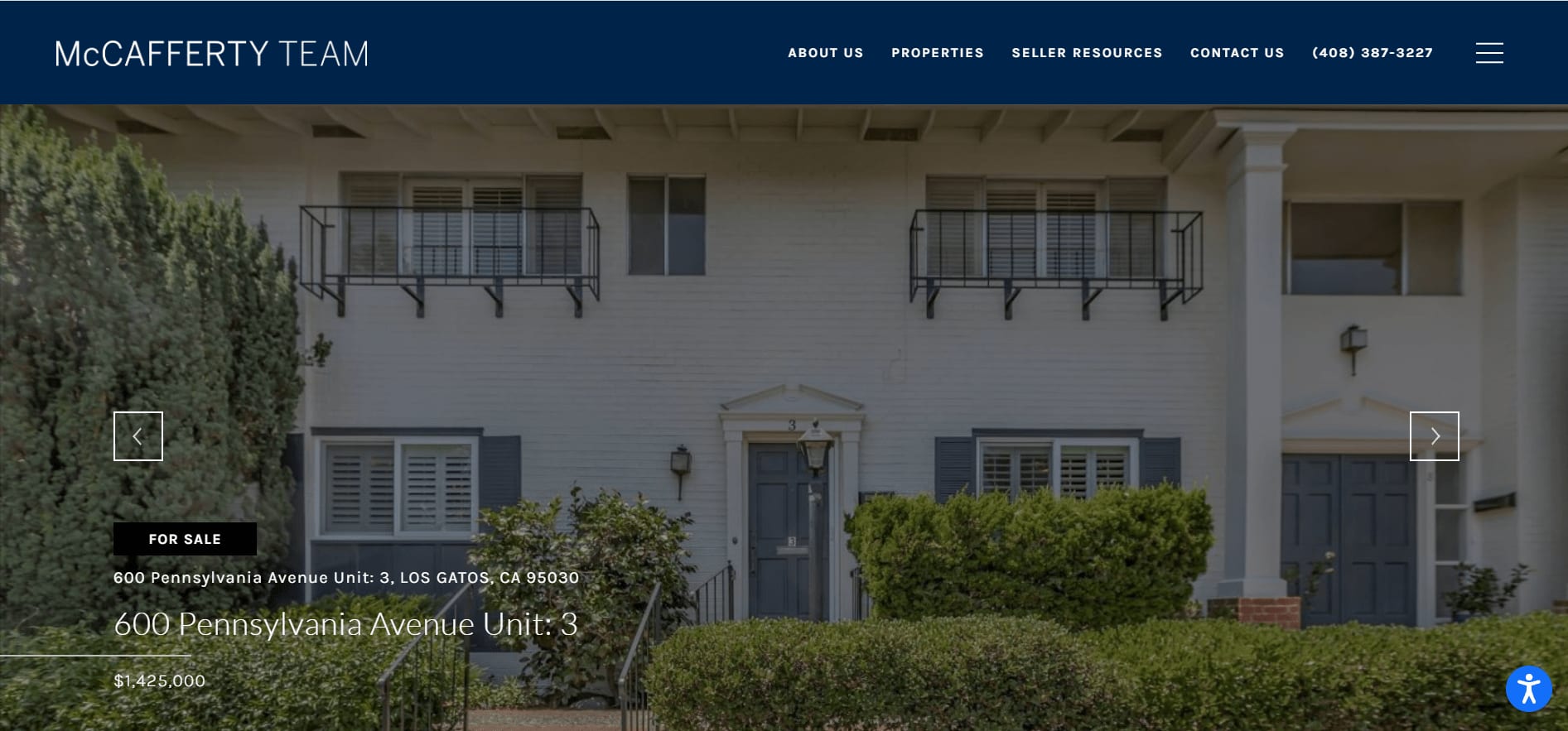Renting and buying in Silicon Valley both come with their own sets of advantages and disadvantages, and the decision often depends on various factors, including your financial situation, long-term plans, and personal preferences. Let's explore the benefits and drawbacks of each option, taking into account the unique challenges posed by the high cost of living in Silicon Valley.
Pros of Buying in Silicon Valley
Building Equity: One of the most significant advantages of buying a home is that you can build equity over time. As property values tend to appreciate in Silicon Valley, homeowners can benefit from capital gains. Equity can serve as a valuable asset and a source of wealth accumulation.
Tax Benefits: Homeownership often comes with tax advantages, such as deducting mortgage interest and property taxes from your income. These deductions can reduce your overall tax liability.
Stability and Control: Owning a home provides stability and control over your living situation. For the most part, you can freely make changes to the property, decorate as you wish, and have the peace of mind that you won't be subject to rent increases or eviction.
Investment Potential: Over time, you can build up a real estate portfolio by leveraging your primary residence's equity to acquire additional properties, which can diversify your investments and increase your income streams. Whether it's renting out spare bedrooms, constructing accessory dwelling units (ADUs) on your property, or moving and renting out your previous home, the flexibility offered by homeownership allows you to generate extra income through short-term or long-term rentals. Given the high demand for housing in Silicon Valley, this flexibility is particularly valuable.
Cons of Buying in Silicon Valley
High Upfront Costs: Silicon Valley is notorious for its steep housing prices. The high cost of entry, including the down payment and closing costs, can be a significant barrier for many potential buyers.
High Interest Rates: In the current real estate landscape, marked by today's relatively high interest rates, there's a noticeable reduction in both buying power and overall affordability. With interest rates on the rise, the consequence is a significant increase in monthly mortgage payments, resulting in your budget not stretching as far as you might have initially hoped. This situation often necessitates a reevaluation of your search criteria or a deeper exploration of alternative financing options to ensure that your homeownership goals remain attainable and within financial reach.
Ongoing Expenses: In addition to the mortgage, homeowners are responsible for property taxes, insurance, maintenance, and repairs. These ongoing costs oftentimes add up and sometimes surpass the costs of renting.
Market Volatility: While property values will most likely appreciate, they can also experience fluctuations due to economic and market conditions, which may impact your return on investment if you need to sell during a settled period.
Pros of Renting in Silicon Valley
Flexibility: Renting provides greater flexibility, allowing you to move more easily if job opportunities or lifestyle preferences change. You're not tied down to a specific property or location.
Lower Initial Costs: Renting typically requires a lower upfront financial commitment compared to buying a home. There's no need for a substantial down payment or ongoing maintenance expenses.
Lower Insurance Costs: Renters usually have lower insurance costs than homeowners since they only need to cover their personal belongings and not the structure itself.
Cons of Renting in Silicon Valley
Lack of Equity: When you rent, your monthly payments do not contribute to building equity. You miss out on potential property appreciation and the financial benefits that come with homeownership.
Rent Increases: In Silicon Valley's competitive rental market, rent increases can be significant. Over time, these increases can make renting less financially sustainable than owning a home.
Limited Control: Renters have limited control over the property. You may be subject to restrictions on renovations, decorations, pets, etc and you are beholden to the landlord's decisions regarding the property. Your landlord may even opt to sell the home you are renting and your future in that property may soon come to an end.
Conclusion
If you can afford it and plan on staying in Silicon Valley for a while, we highly recommend the option of buying rather than renting. Choosing homeownership means you're not paying someone else's mortgage; you're investing in your own property, gradually building equity, and likely benefiting from property appreciation over time. Even if interest rates are currently high at the time of purchase, keep in mind that you'll have the opportunity to explore refinancing options down the line when rates become more favorable.
Though your aggregate monthly payment is likely greater than what renting might be, majority of that payment is reinvesting into yourself in the form of paying down your loan.
With all this in mind, it's crucial to carefully assess your financial situation and long-term goals before making this significant decision. If you need help deciding which path is right for you, contact the Amy McCafferty Team. Our team is ready to guide you through the complexities of the Silicon Valley real estate market and help you make an informed decision.






